Publication
Male and female selection effects on gender wage gaps in three countries
Published at Labour Economics - https://doi.org/10.1016/j.labeco.2024.102506




Working Papers
Automating Inequality: Gender Bias in AI-mediated Labor Markets
With Germain Gauthier (Bocconi University), Debora Nozza (Bocconi University) & Paola Profeta (Bocconi University) - Link to the AEA Pre-analysis Plan, Previously "Generative AI & Labor Market Discrimination"Revise & Resubmit at PNAS (Proceedings of the National Academy of Sciences)
Working paper available upon request
Supported by the Women and Science Chair Grant
What do women want in a job? Household constraints, gender-biased decisions and the reservation wage
This paper was awarded the Etta Chiuri Prize 2025 by the Italian Society of Public Economics.
Draft available here: Dropbox link
Paper
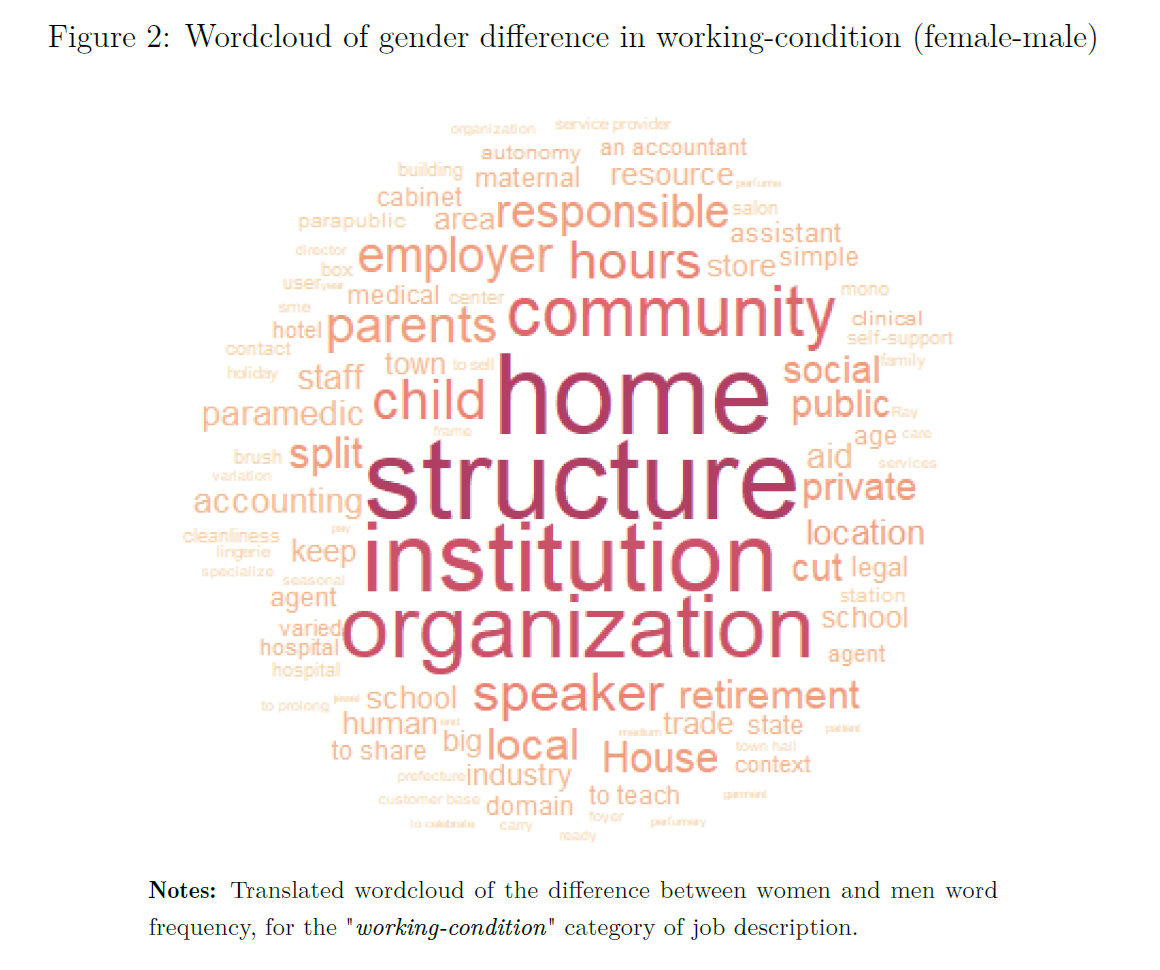
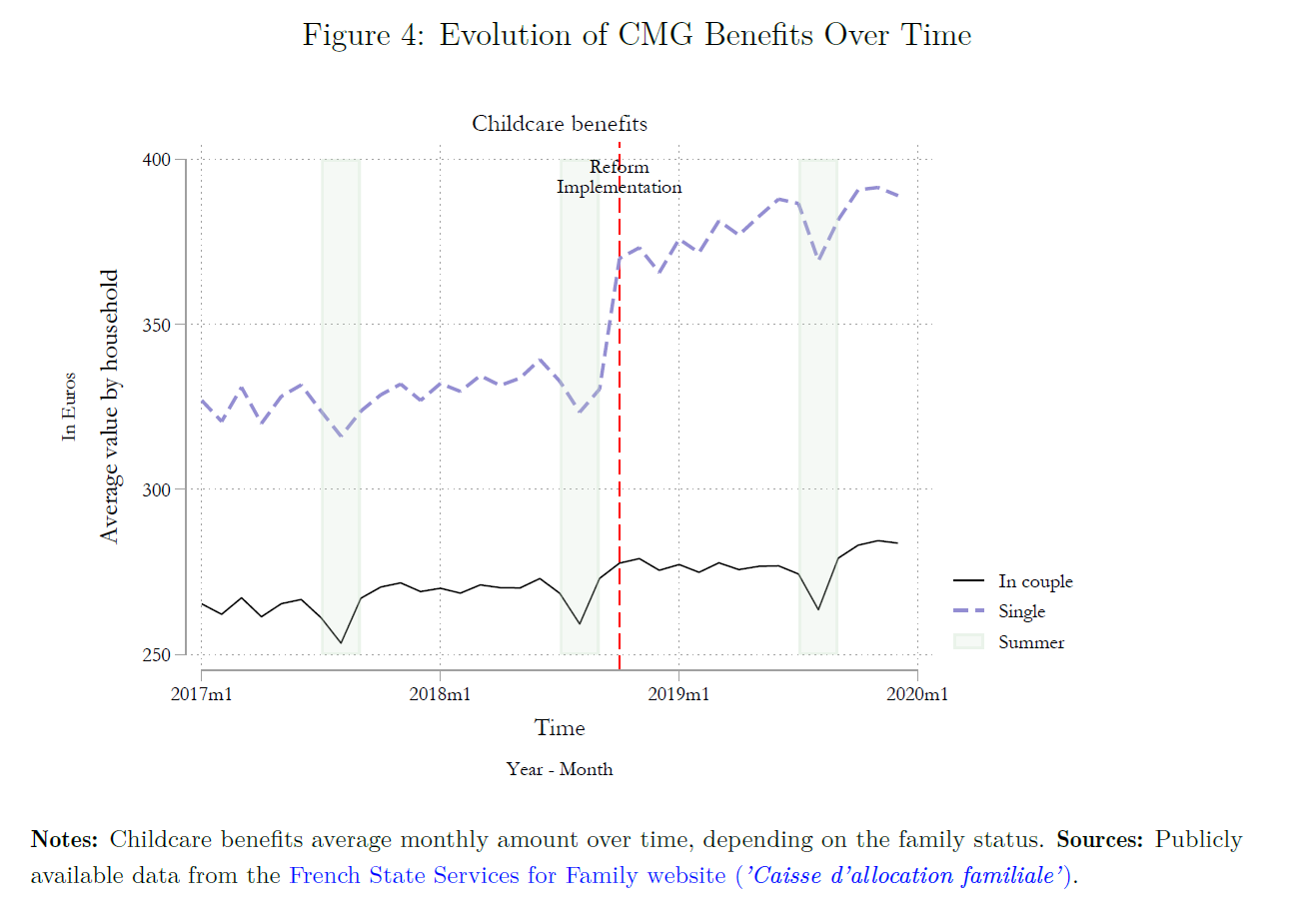
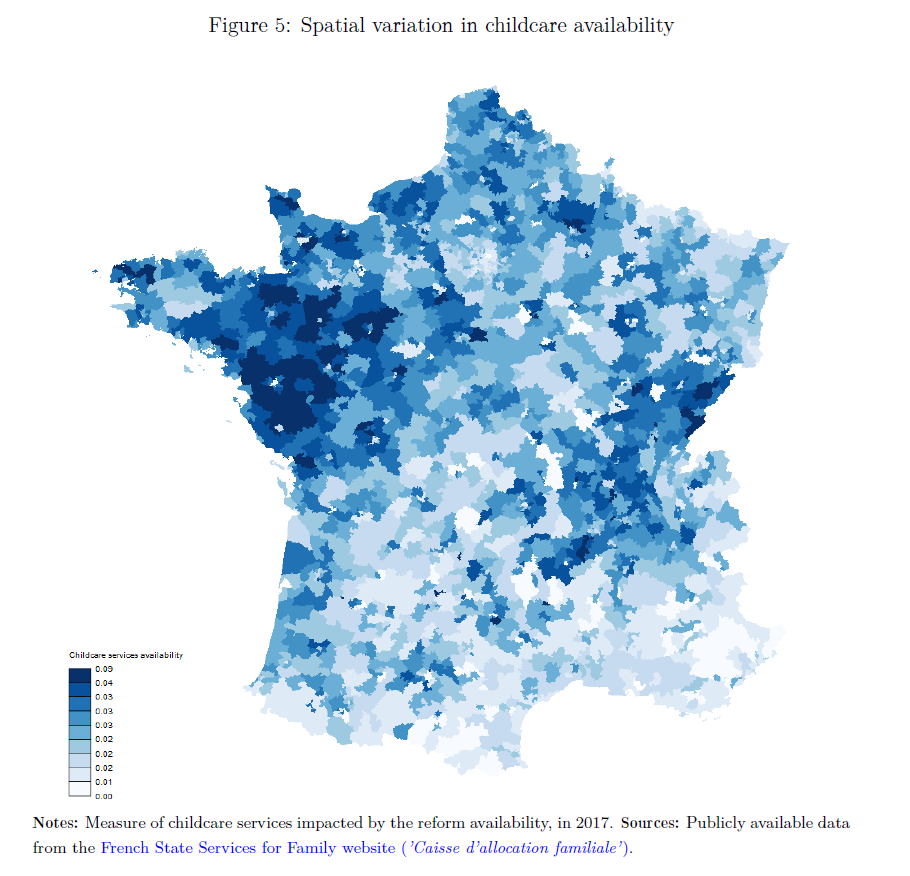
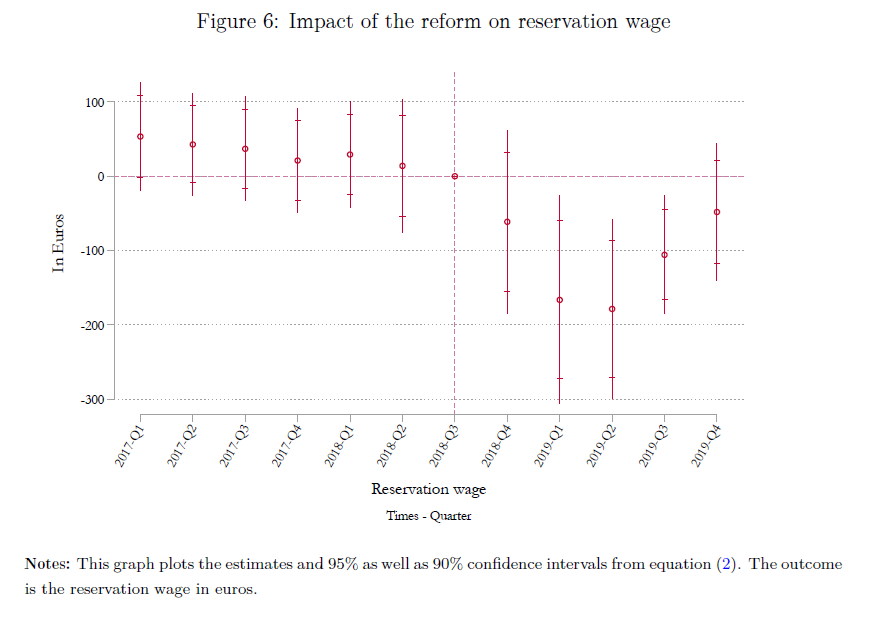
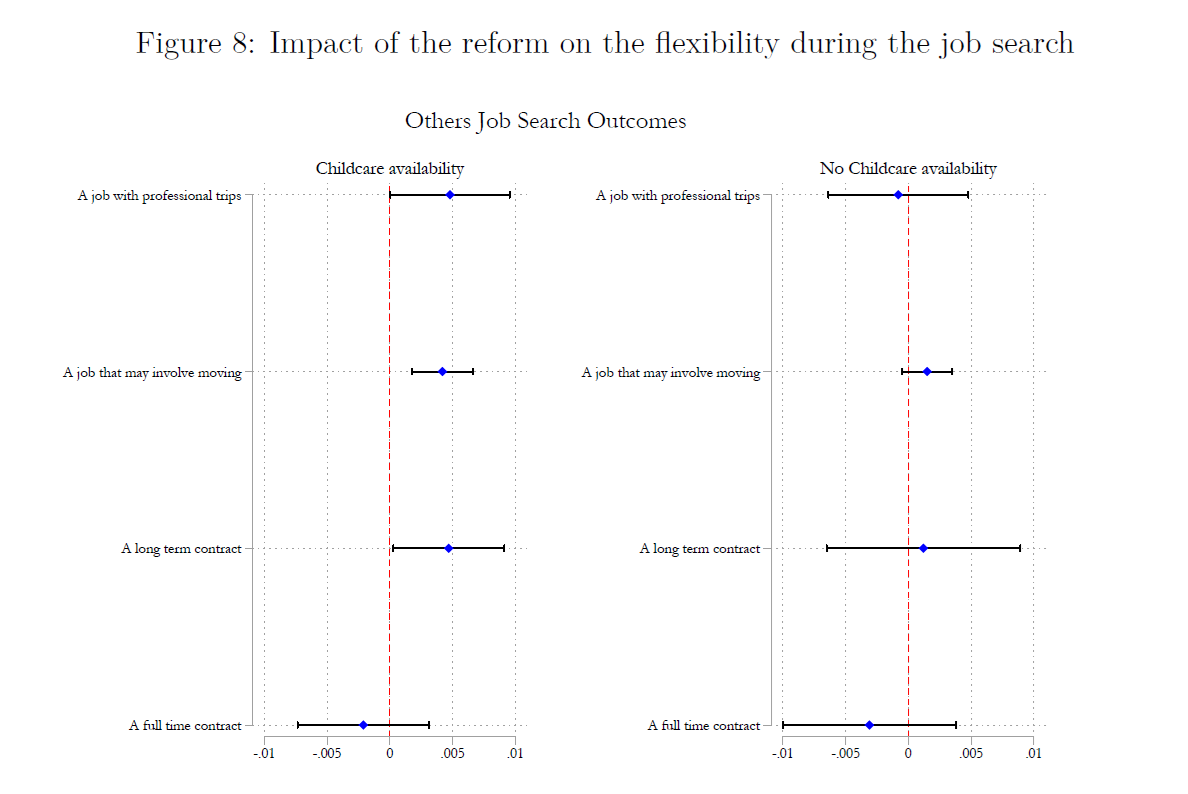
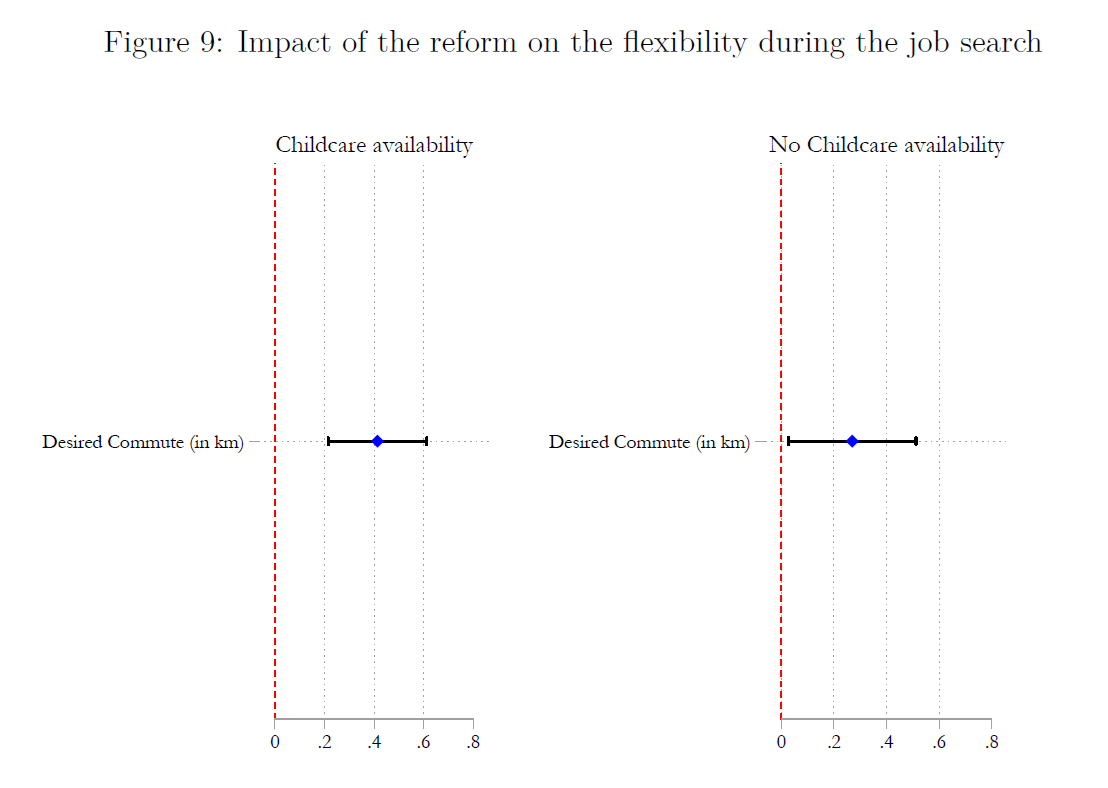
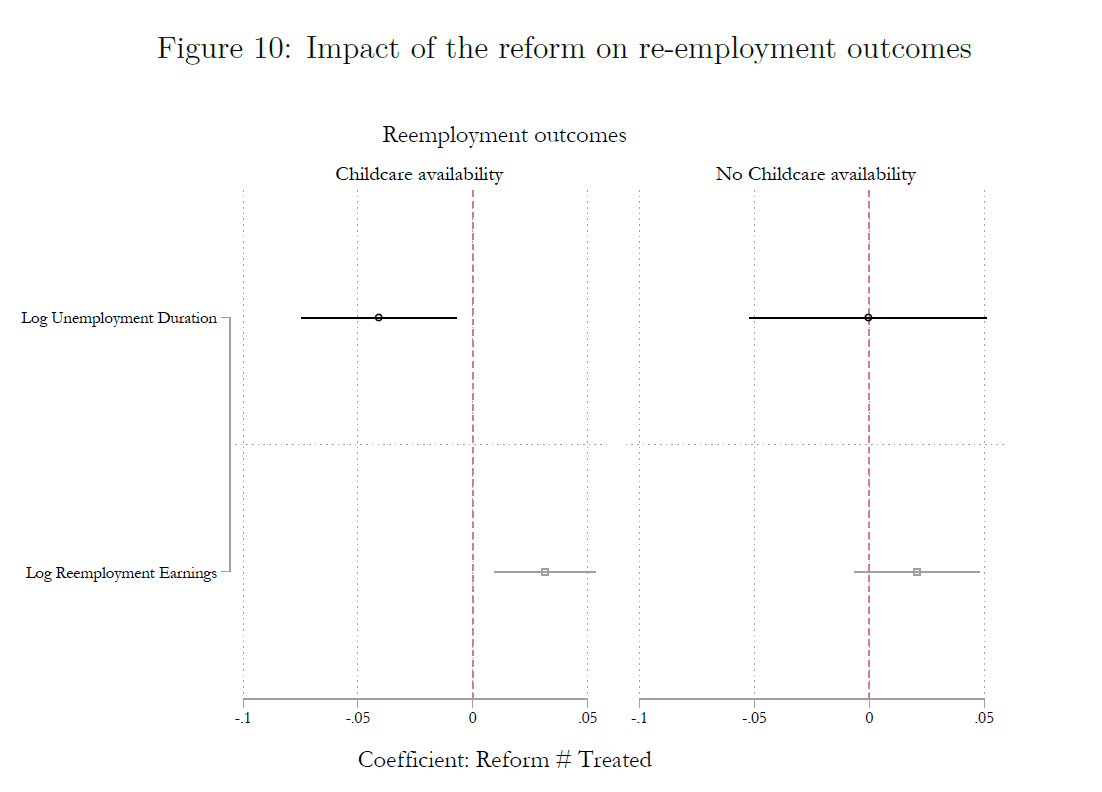
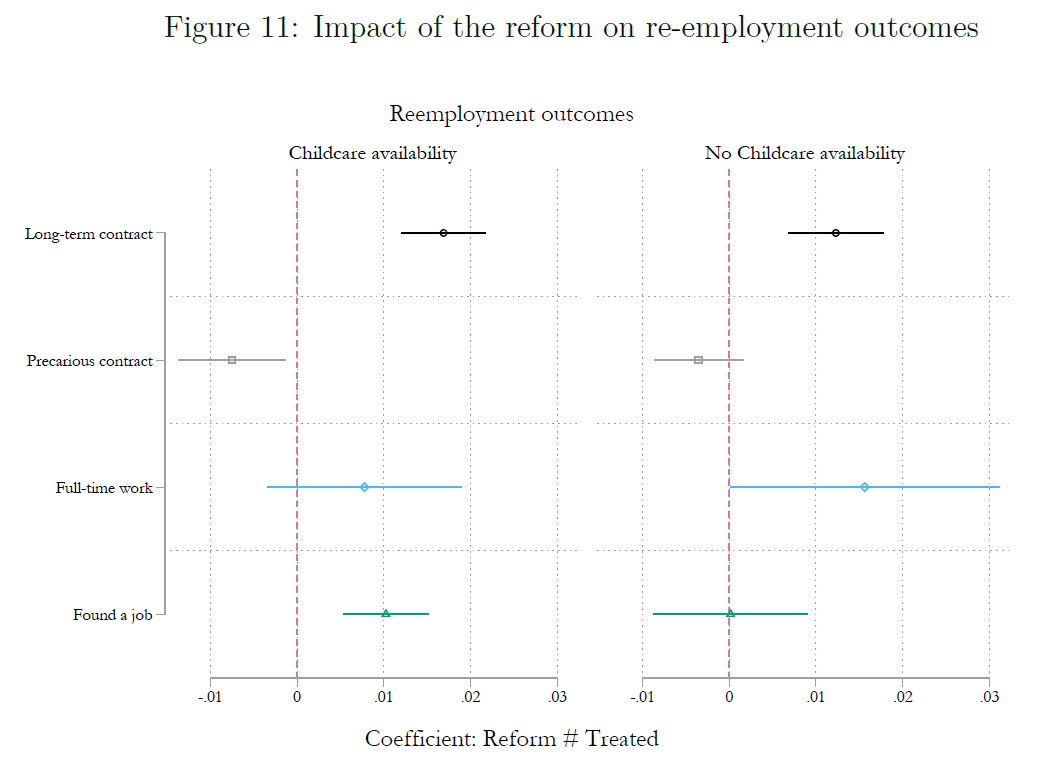
Gender gaps in the urban wage premium
With Cecilia García-Peñalosa (AMSE, CNRS, EHESS) & Christian Schluter (AMSE) - Link to the CEPR Working Paper - Link to the CESifo Working Paper - AppendixUnder Review
Communication:



Selected work in progress
- Gender Norms and Child Development, with Hélène Le Forner (CREM)
- Changing the media narrative: the role of social movements, with Caroline Coly (IEB) and Mahima Vasishth (Bocconi University)
- Is artificial intelligence turning the tables on gender wage inequality?, With Fabien Petit (UCL, University of Barcelona) and Paola Profeta (Bocconi University)
Other Writing - General Audience
Threat or opportunity? The impact of AI on women
With Paola Profeta (Bocconi University)